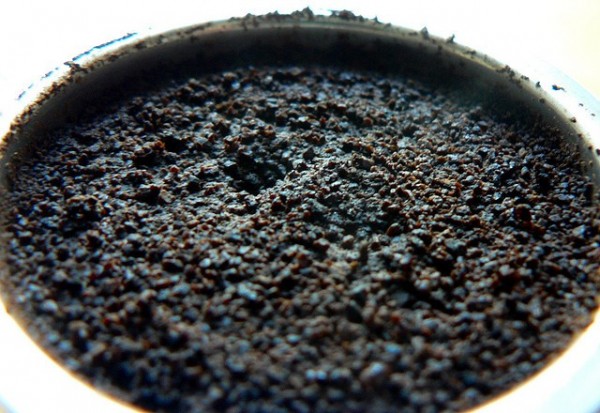Overdosing on Powdered Caffeine Causes Seizures and Death: FDA

Powdered caffeine can have toxic effects on health, warn health officials.
Recently, an 18 year-old high school student from Ohio died by consuming caffeine powder equivalet to drinking 23 cups of coffee or soda drinks. This incident alerted the U.S. Food and Drug Administration (FDA) to issue a warning against unrestrained intake of caffeine products. The reports warn people with heart diseases are particularly at risk of suffering adverse reactions like irregular heartbeat, seizures and sudden death.
Many brands sell powdered caffeine in large economy-packs and each teaspoon contains caffeine in amounts found in 25 cups of coffee. The agency health officials caution regular consumers of caffeine products to watch-out for signs of overdosing that include vomiting, diarrhea, stupor and mild disorientation. These conditions are more serious than after-effects of drinking beverages like coffee, tea and caffeine based-soda and drinks in excessive amounts. People who experience any of these conditions are instructed to seek immediate medical attention and quit usage of caffeine-based substances.
"Pure caffeine is a powerful stimulant and very small amounts may cause accidental overdose. It is nearly impossible to accurately measure powdered pure caffeine with common kitchen measuring tools and you can easily consume a lethal amount," write health experts in a statement, reports the Food Safety News.
The FDA's warning messages specifically target parents of teens and young adults who frequently drink coffee and other caffeinated products. Powdered caffeine is sold as a dietary supplement and commonly used after doing extreme physical activity and workouts. The overall rate of hospitalization and admission related to overdosing on energy drinks doubled from 10,068 in2007 to 20,783 during 2011, according to the data by the Substance Abuse and Mental Health Services Administration. Majority of these patients were youngsters, reports the Boston.
"The thing about caffeine is just because you see it every day, just because it's naturally occurring it comes from a plant doesn't mean that it's safe," said Bob Hoffman, a New York University medical toxicologist, reports the Boston.
Jul 21, 2014 10:01 AM EDT





